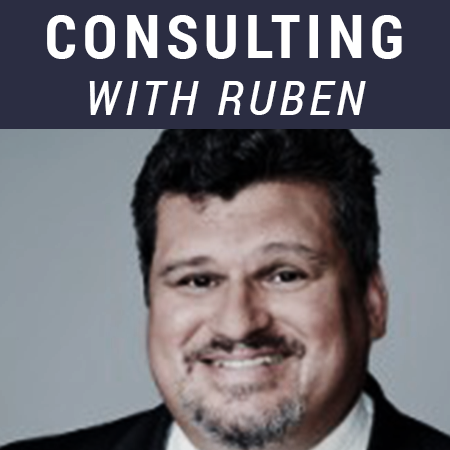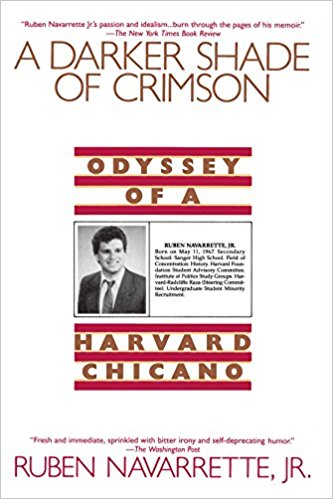White men scare me. There, I said it.
Based on my conversations with Latino and African-American friends, I think many of them feel the same way. If they’re walking down a dark street at night and see three white men in their 20s walking toward them, they’re thinking hate crime.
After all, pick up a history book, and look at what white men did to black slaves, American Indians, Chinese immigrants and Mexicans in the occupied Southwest. They’re the original bad hombres.
And so, after the Las Vegas massacre — where a 64-year-old white man named Stephen Paddock carried 23 guns into a hotel suite on the 32nd floor of the Mandalay Bay Resort and Casino and opened fire on an outdoor concert crowd, killing at least 59 people and wounding nearly 500 others — it’s fair to ask: “Is it time for authorities to start profiling white males who purchase unusually large amounts of high-powered weapons and ammunition?”
Yes, it is. And why not? There is plenty of evidence that law enforcement officers routinely profile African-Americans, Latinos and Muslims. It’s become part of police work.
In 1999, the New Jersey State Police admitted to pulling over African-American motorists more often than white drivers. In 2010, Arizona lawmakers codified ethnic profiling by requiring local police to determine the legal status of those suspected of being in the country illegally (read: Latinos).
So how did white men get to be so special that — in an era when so many mass shootings are linked to gunmen who fit that profile — it is still considered outrageous to say that this demographic merits extra scrutiny? Talk about white male privilege.
Given the carnage in Las Vegas, a lot of folks — on both the right and the left — are instinctively talking about guns. That’s a circular, highly charged argument that goes nowhere.
What we should be talking about is race. Not the race of the victims, but the race of the shooter.
Authorities insist that Paddock — who was reportedly wealthy, liked to gamble and had no known political or religious affiliations — fits none of the established profiles.
But actually, Paddock does fit one. He’s a white male, and most serial killers and mass murderers are white males.
For the sake of public relations, and because — in the era of “If you see something, say something” — law enforcement doesn’t want the public discounting anyone who might look suspicious just because of skin color, the FBI claims that it’s a myth to suggest that “serial killers are all white males.” The agency insists that serial killers span all racial groups.
Sure. But note that I said “most,” not “all.” The majority of mass murderers are white men. The fact that we might be able to find the occasional serial killer who is a woman of color does not significantly change the pie chart.
Besides, the FBI would be more convincing if it practiced what it preached.
In 2002, federal agents were frantically searching for the so-called Beltway Sniper, who killed 10 people and wounded three more in the Washington metropolitan area. Authorities got off to a slow start because, according to the profile, serial killers are usually white men. Retired FBI profilers went on broadcast media and said — as one put it at the time — “this is something white males do.”
The shooters — John Allen Muhammad and Lee Boyd Malvo — were African-American.
Like many Latinos, when I hear about a tragedy like the one in Las Vegas, I hold my breath and hope the culprit wasn’t one of ours. My African-American and Muslim American friends do the same. I’ve even heard a religious conservative call into a radio show and say he does it, too. It’s human nature.
Still, I have to wonder if white men go through that exercise. I don’t think so. That must be yet another ancillary benefit to being white and male.
Well, the free pass has expired. It’s time for law enforcement authorities to keep track of white men who stockpile guns.
To the profiled, I say: “Put up with it. After all, President Trump called my Mexican immigrant grandfather — who came to the United States legally a hundred years ago — a criminal and a rapist, and I survived. I can help get you through this. We shall overcome.”
And to those who think this whole concept is loony, and that — when it comes to who commits crimes — we can’t make sweeping generalizations about whole groups of people based on prejudice, I say: “Exactly. Now you’re getting the idea.”





